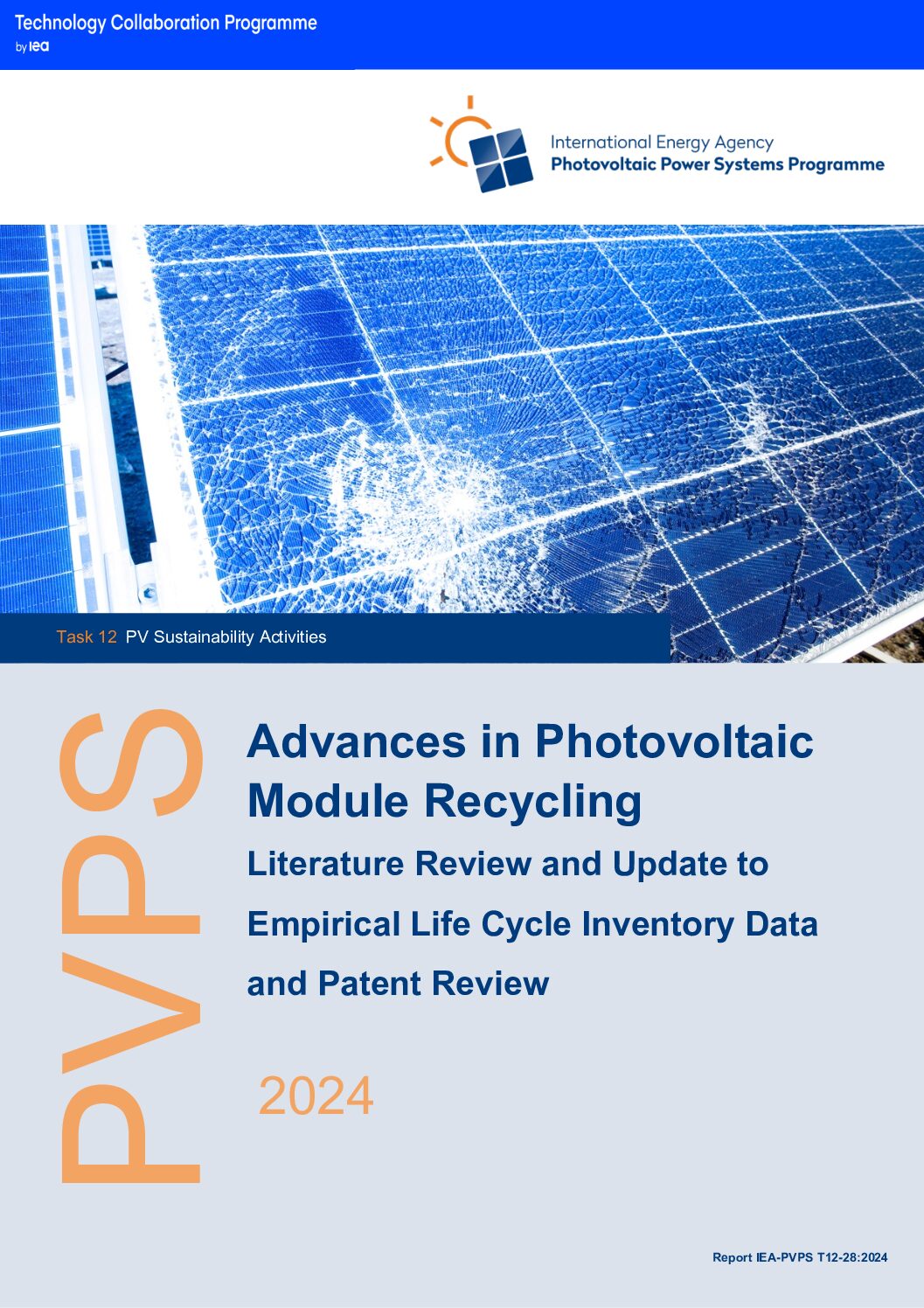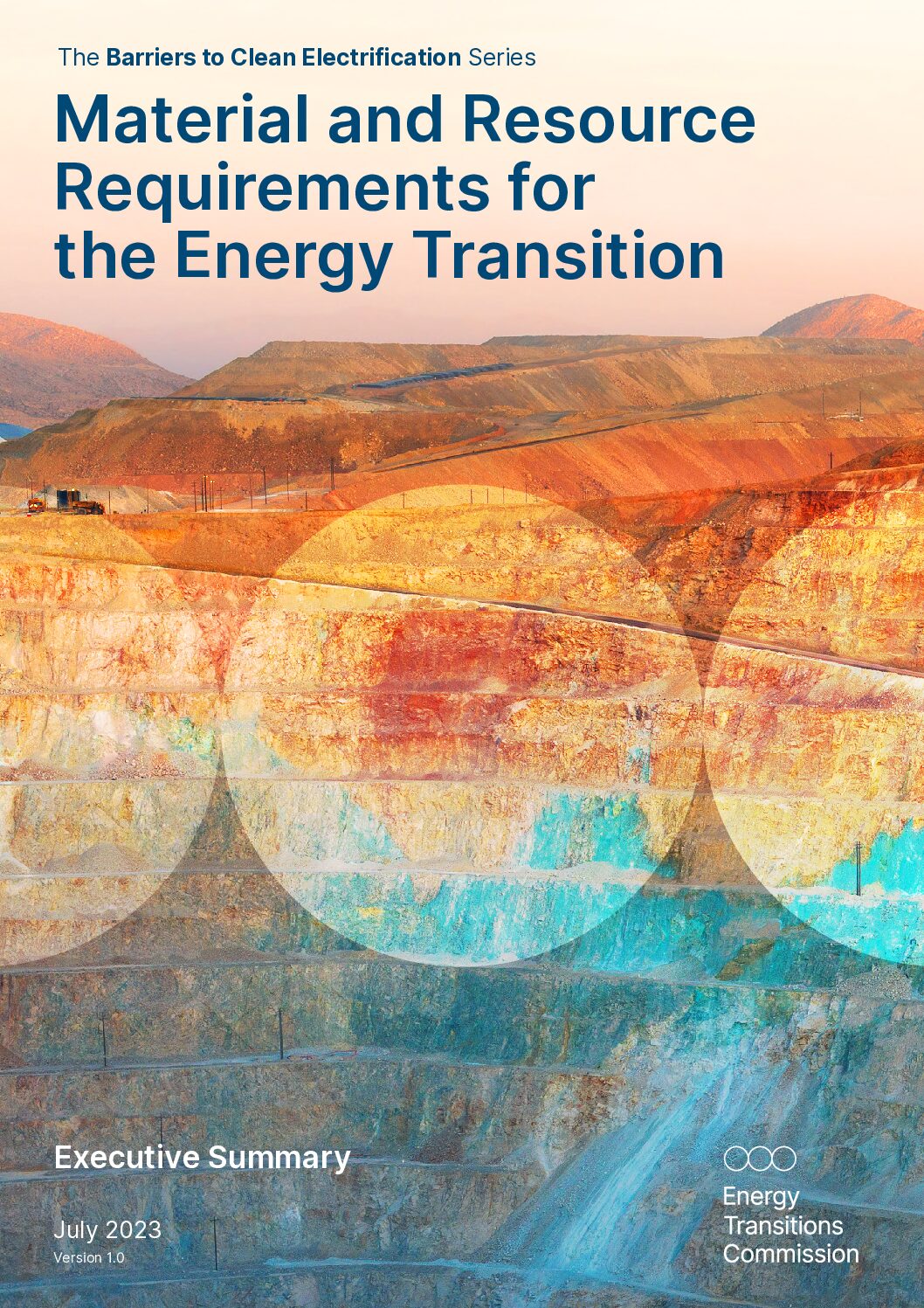This report investigates opportunities to reduce consumption of scarce raw materials by recycling metals and other resources from energy technologies such as wind turbines, solar PV panels and batteries.
This study identifies advances in PV recycling technology that have the potential to be affordable, technically feasible, and environmentally responsible.
This study maps the current landscape of PV material demand and recycling, and charts a course toward a more sustainable and economically viable future for the PV industry.
This report explores the critical intersections of AI development, gender equality and energy transitions, emphasizing how AI applications can advance a sustainable, equitable and just energy transition.
This report focuses on the material resources required for the energy transition and demonstrates that there are plentiful resources available to support a prosperous net-zero global economy.
This paper discusses the role of AI in the energy transition in Latin America, identifies key factors for successful implementation in the region and proposes an AI maturity model for the energy transition that allows stakeholders to assess the status and gaps for the AI adoption.
This study examines the integration of AI into energy management processes in industrial facilities and the advantages it provides.
This study investigated (1) What marketing messages are effective at increasing willingness to pay for a more efficient stove in rural Uganda; (2) What sales offers (e.g., free trial and time payments) increases willingness to pay and uptake; (3) What effects does ownership of an efficient stove have on the use of old and new […]
This is a cam[paign strategy to engender behavioural change and the increased uptake of clean cooking solutions in Kenya.
This report provides background information and guidance on the types of behavioural changes needed to advance access to clean cooking, and ways to promote these changes.





